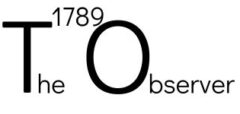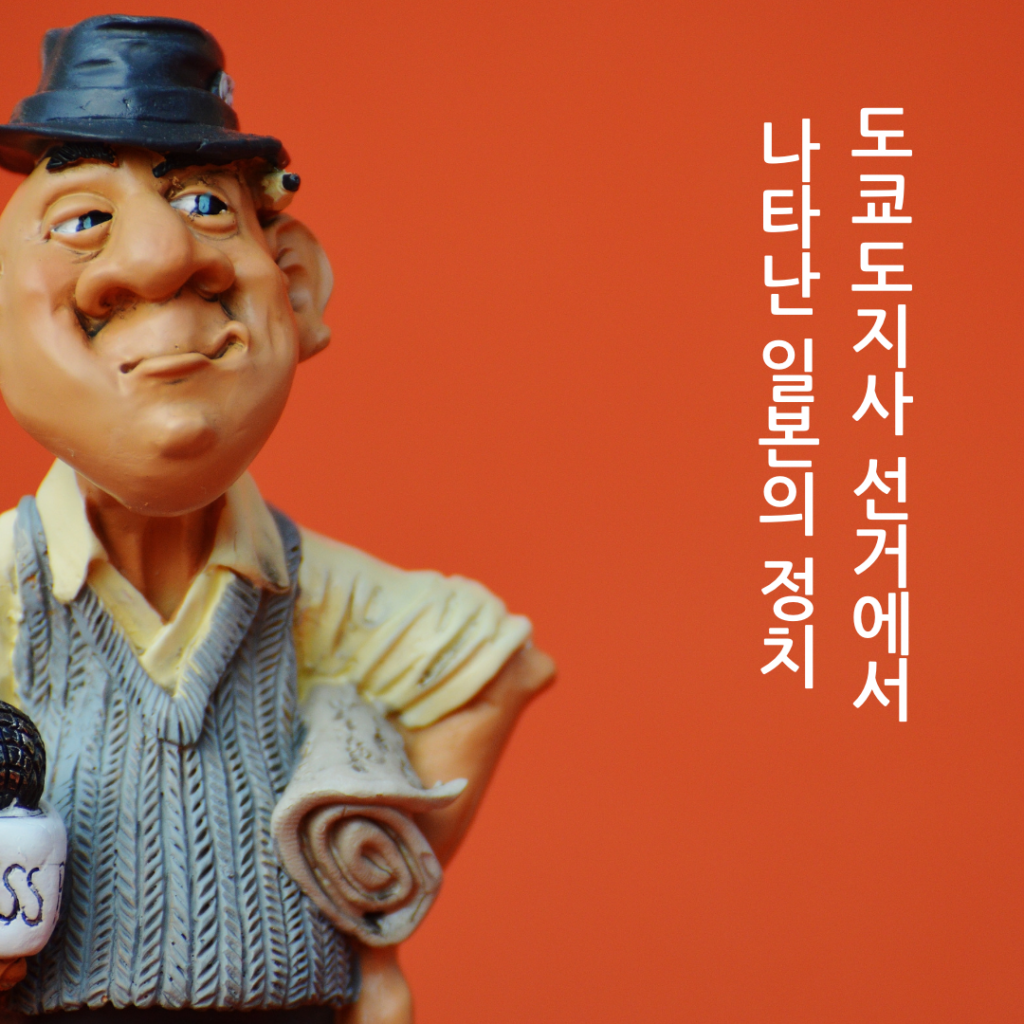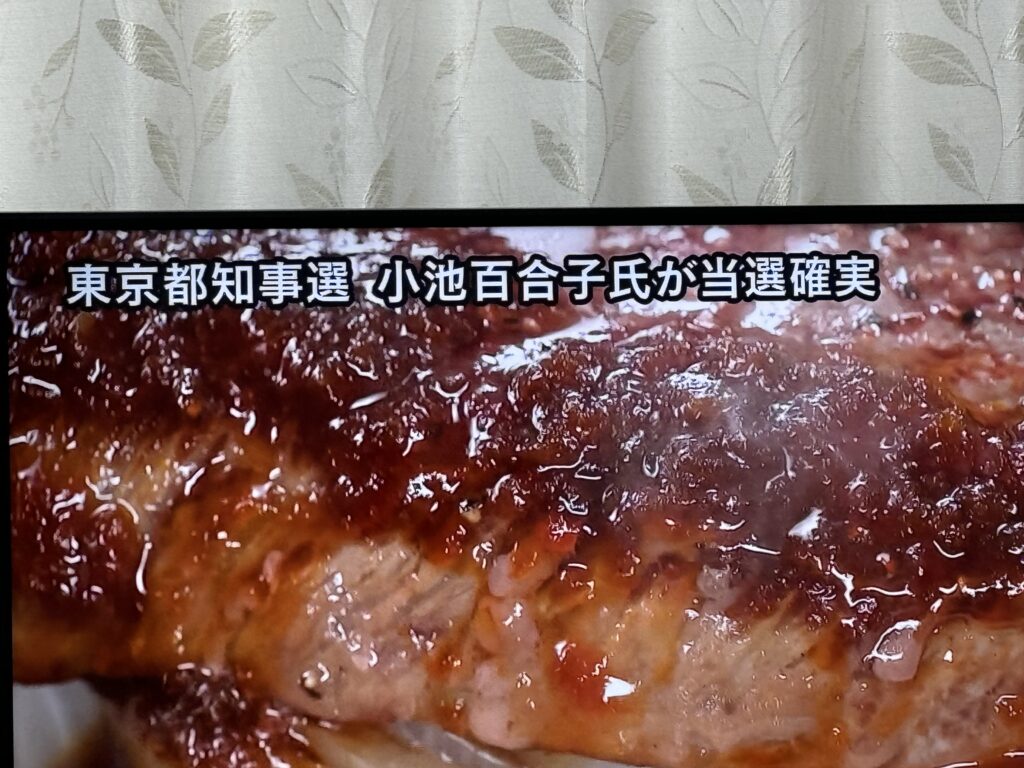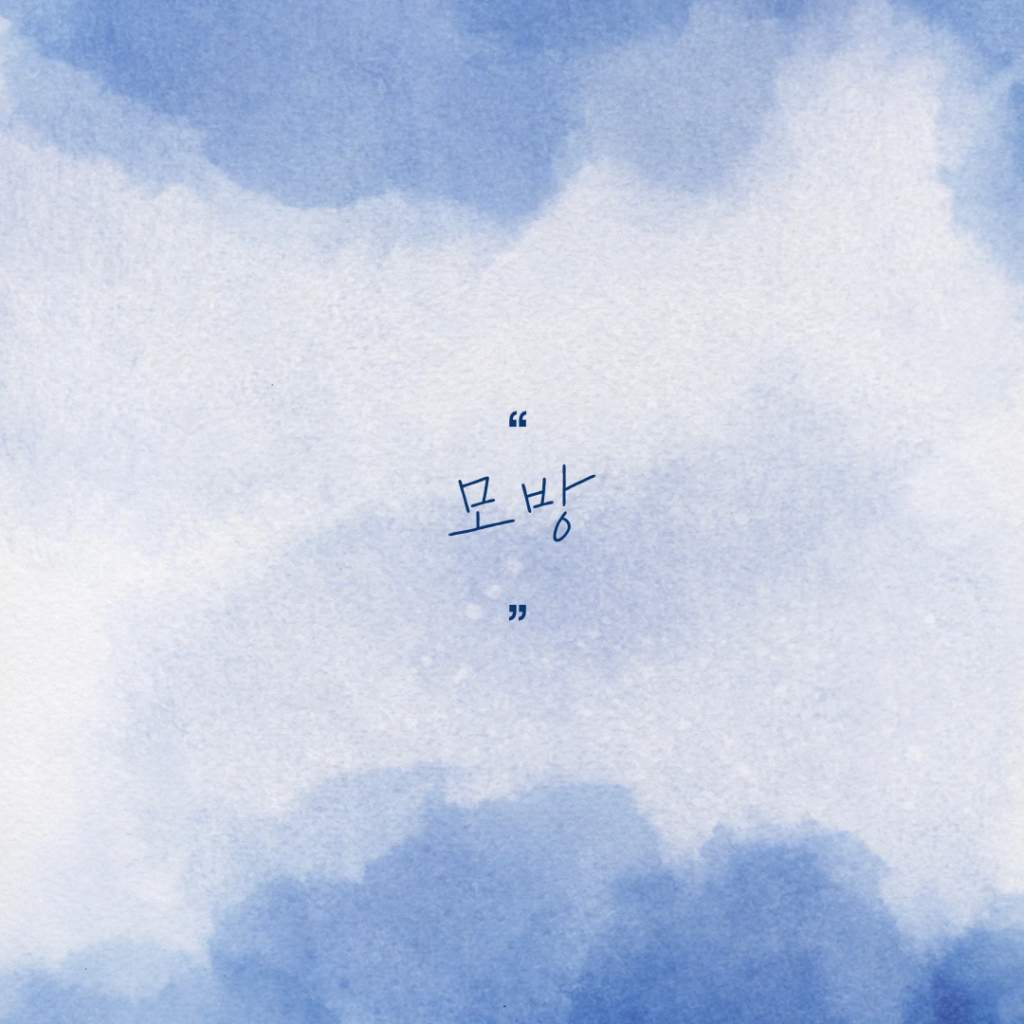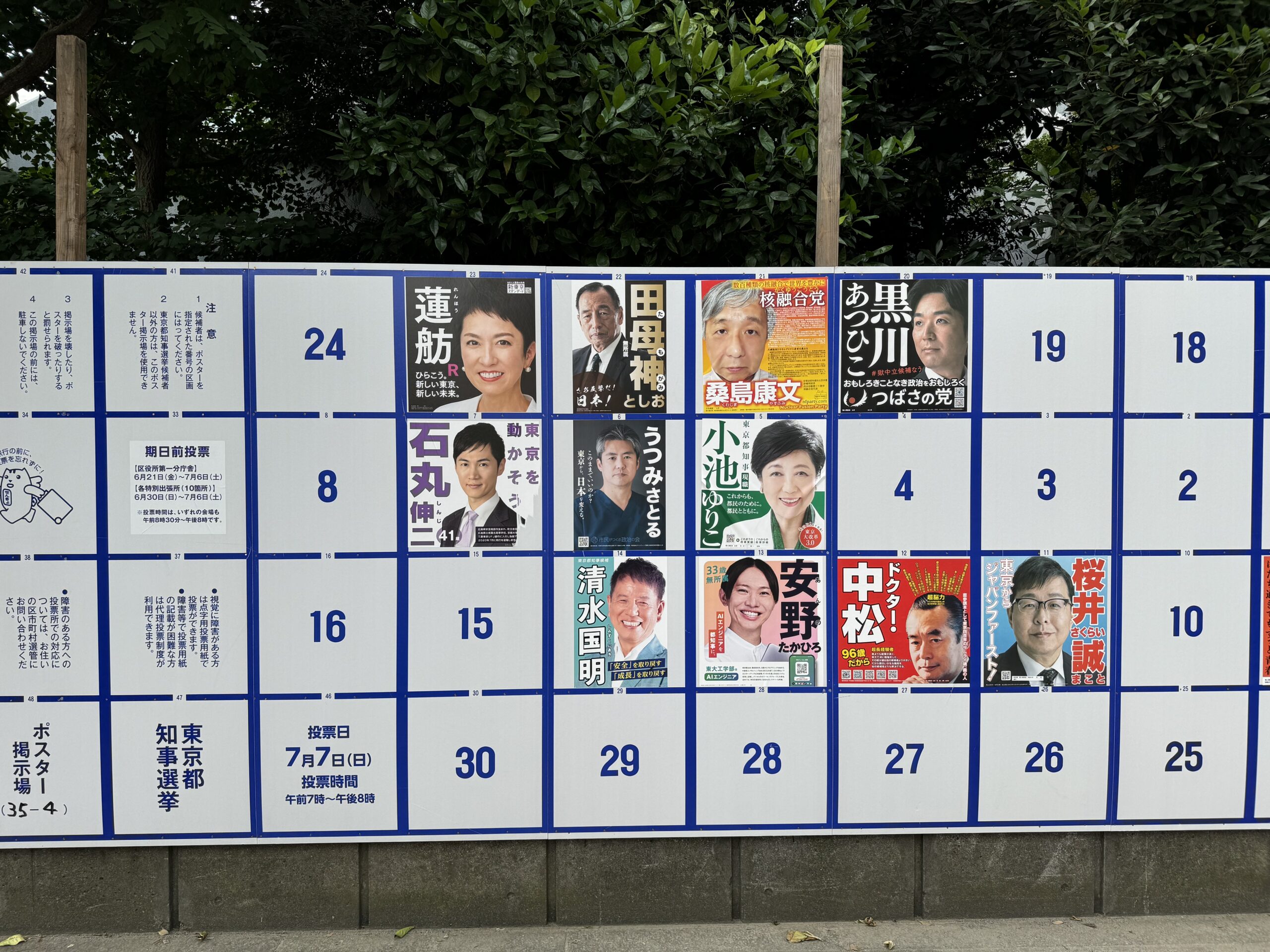
인간이 정당한 노동을 통해 자신에게 맞는 토지와 건물을 구입하는 것은 문명사회에서 모두가 누릴 수 있는 인생 중 하나의 모습입니다. 하지만 오늘날 한국 사회에서는 자기 집을 사는 것이 이룰 수 없는 꿈과 같이 되었습니다. 그 원인은 아주 복잡해서 문제를 단순화해 짧은 시간 안에 해결될 수는 없습니다.
저번 달에 A라는 사람이 B라는 사람에게 C라는 밭을 샀습니다. C밭은 A라는 사람이 자신의 아버지에게 유산으로 받은 땅이었습니다. A의 아버지는 50년 전 자신의 아버지의 친구에게 구입한 땅이었습니다….
위의 예에서 토지는 개인간의 계약을 통해 주고받는 것을 알 수 있습니다. 그리고 현재의 토지매매는 과거로부터 지금까지 수많은 계약을 통해 이루어졌습니다.
우리는 토지를 물건을 사고파는 상품과 같은 착각을 할 때가 있습니다.
토지와 소유권은 편의점에서 살 수 있는 초콜릿과 다릅니다.
위에서 든 예처럼 토지는 현재 갑자기 만들어진 것이 아니라 먼 과거부터 이어져 내려온 결과물이기 때문입니다.
종부세, 국토보유세 등 단지 현재의 국민들에게 뽑힌 정치 대변자들의 공약들은 너무 근시안적인 대책입니다. 그리고 그들의 대안들이 소유에 대한 애착을 없애버리는 관습을 형성시키고 있습니다. 이 문제는 당장에는 아무렇지 않지만 언젠가는 문제점이 드러나고 그때는 이미 손을 쓰기가 늦을 것입니다.
토지는 표면적으로 개인 간의 계약에 의해서 매매됩니다. 동시에 토지는 선조들로부터 이어져 내려온 값진 재산입니다. 정치인들의 토지에 대한 근시안적 관점이 부산스러운 숫자 정책으로 치우치고 있는 것이 근본적인 문제라고 생각합니다. 그렇다고 과거의 토지 소유권을 찾아나서는 어리석은 사람은 없을 것이라 믿습니다.
Land is a concept of a different dimension than buying and selling goods.ㅔ
In a civilized society, buying land and buildings through legitimate labor is a life experience that everyone should be able to enjoy. However, in today’s Korean society, owning a home has become an unattainable dream. The reasons are very complex, and simplifying the problem for a quick solution is not feasible.
Last month, person A bought field C from person B. Field C was inherited by person A from his father. Person A’s father had purchased the land from his friend 50 years ago…
From the example above, we can see that the land we dream of is exchanged through contracts. The current land transactions have been made through numerous agreements from the past to the present.
We sometimes mistakenly treat land like a commodity that can be bought and sold like products in a store.
Land and ownership are different from chocolate that can be bought at a convenience store.
As illustrated in the example, land is not something newly created but a result that has been passed down from the distant past.
Policies like comprehensive real estate tax and land holding tax, which are promises made by currently elected political representatives, are too short-sighted. These alternatives are forming customs that erode attachment to ownership. While these issues might seem trivial now, they will eventually become apparent, and by then it might be too late to address them.
Land is superficially traded through contracts between individuals. At the same time, land is a valuable asset passed down from ancestors. I believe that the fundamental problem lies in politicians’ short-sighted views on land, which are skewed by hasty numerical policies. However, I also trust that there are no foolish people who would seek to reclaim past land ownership.
